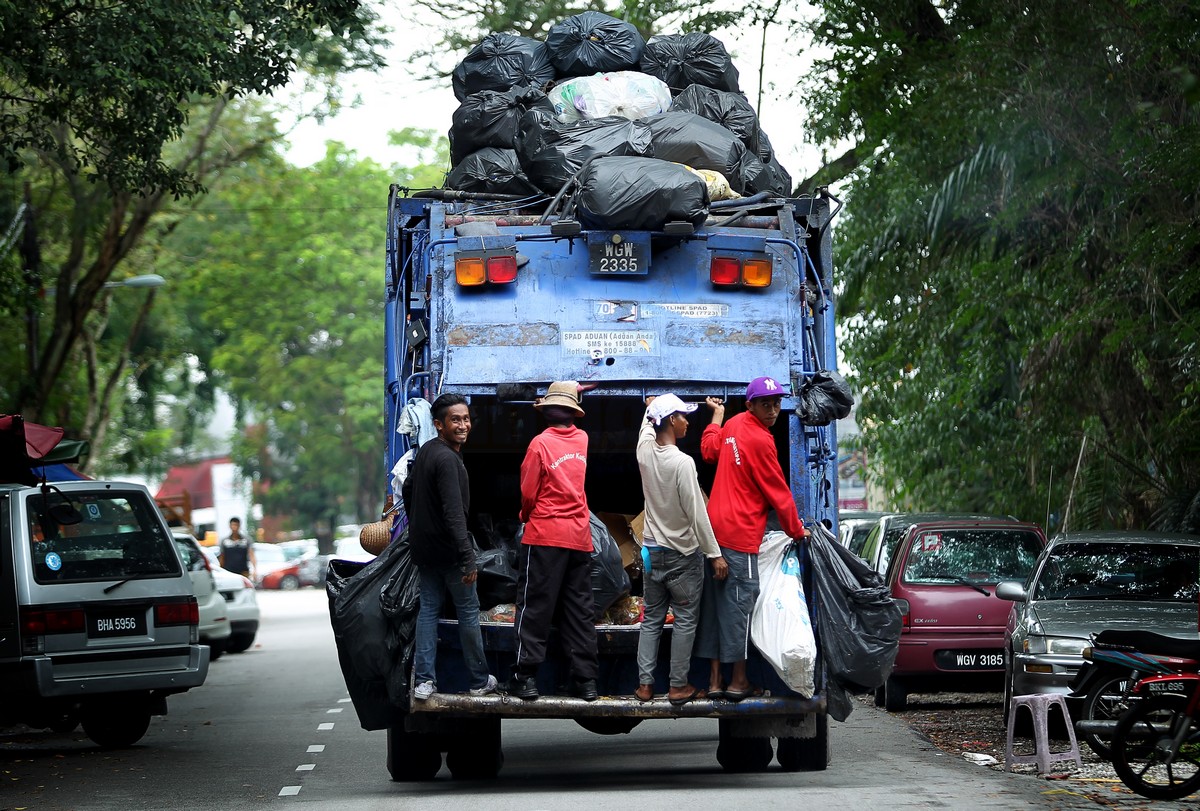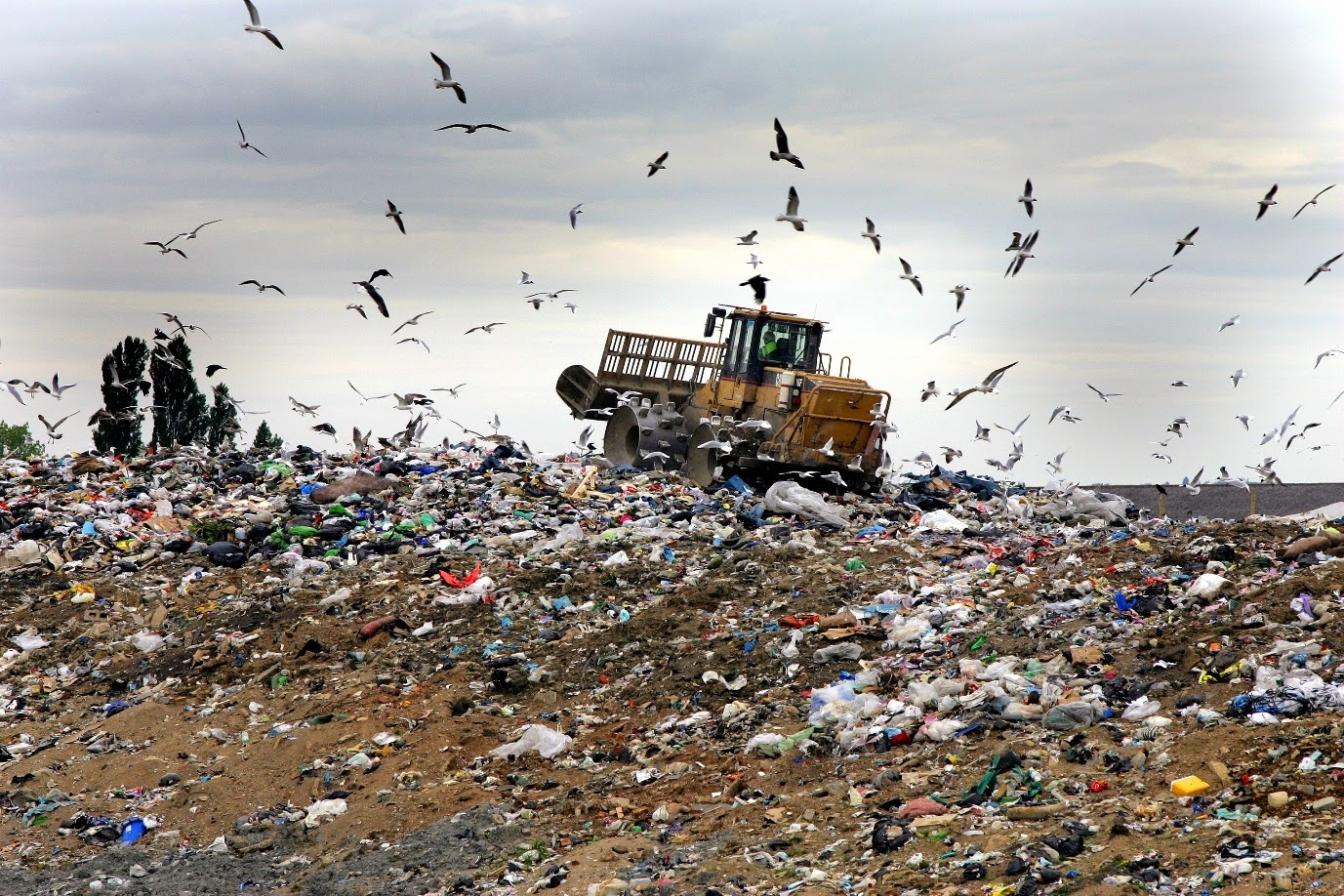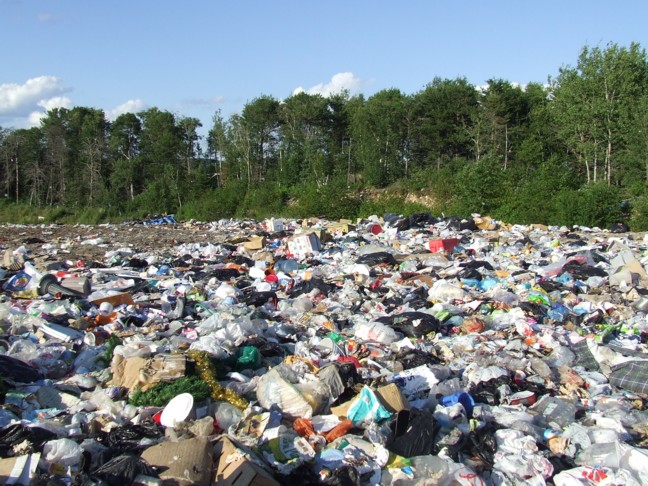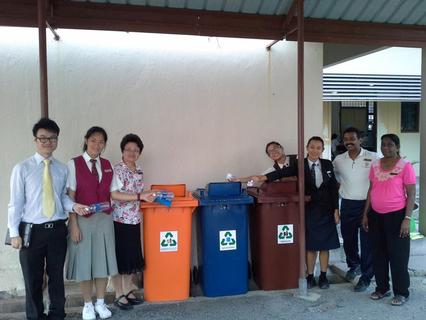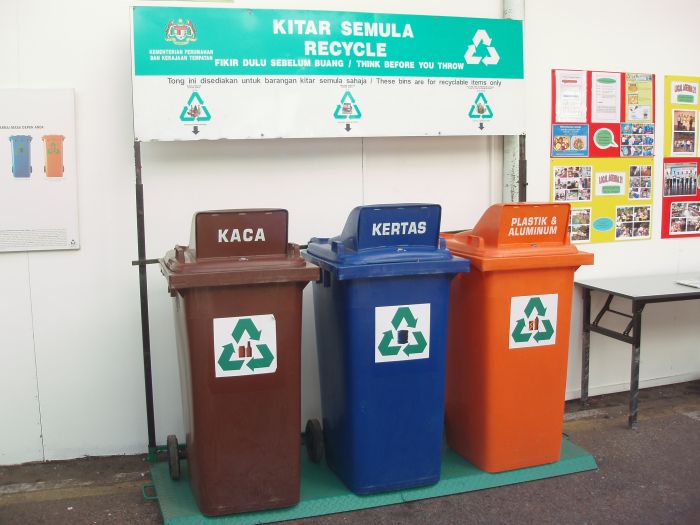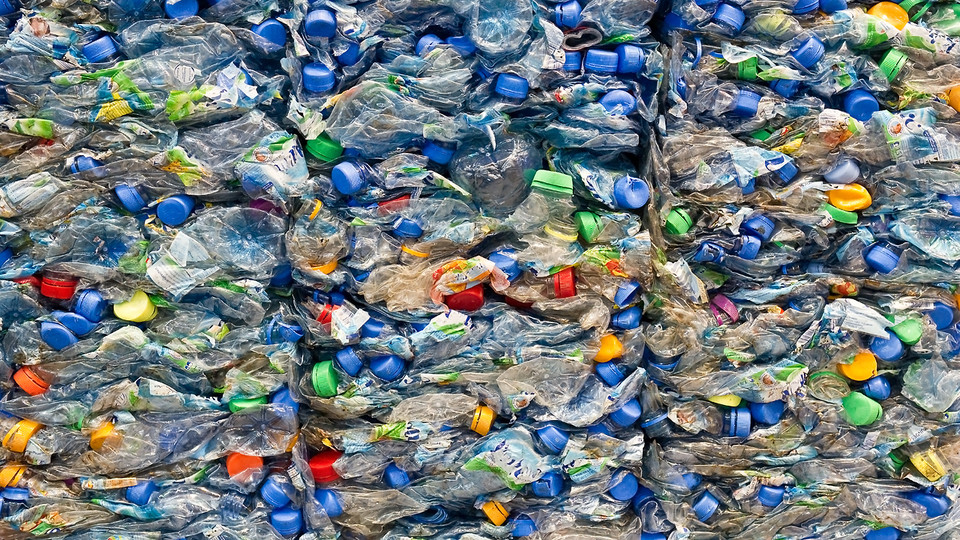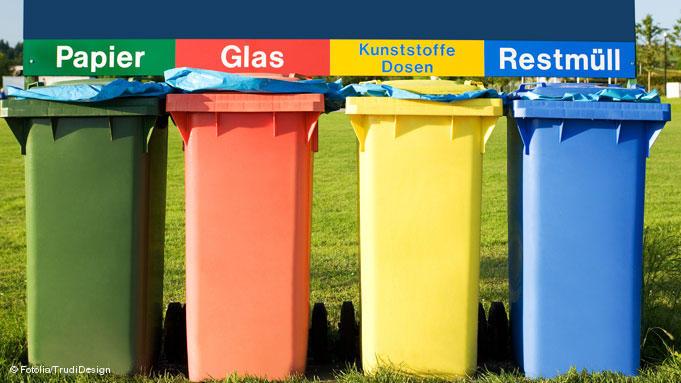Why Is It Necessary To Implement A Compulsory Waste Separation System For Malaysians?
The government is set to implement a new rule in waste management next year, making it mandatory for Malaysians to separate their solid wastes accordingly before collection or dumping.
Starting From September Next Year, It Will Be Compulsory For Malaysians To Sort Our Their Rubbish According To Categories Before Collection Or Dumping Of Solid Waste
In a statement, Urban Wellbeing, Housing and Local Government Minister, Datuk Abdul Rahman Dahlan said that this mandatory move will see household solid waste be separated in several compositions including plastic, paper, cardboard, glass, metal, food waste, lump waste and farm waste.
"The collection of the separated waste will be implemented according to a schedule which will be determined by a concession company that will be appointed," he said in a statement.
In Accordance With Act 672 Of The Solid Waste Management And Public Cleansing Act 2007, The Concept Has Been Implemented In Several States - Kuala Lumpur, Putrajaya, Kuantan, Johor, Melaka, Negeri Sembilan, Perlis And Kedah - From September 2014
In his statement today, Rahman also said that the National Solid Waste Management Department will launch campaigns, awareness programmes and education nationwide. The government will also ensure that solid waste management facilities and operation centres are upgraded to ensure the success of this new initiative.
The New Rule Is Being Implemented To Allow For Easier Recycling Efforts In Order To Reduce The Amount Of Solid Waste Sent To Waste Disposal Sites, Which Are Quickly Running Out Of Space Due To The Increasing Amount Of Waste Produced By Malaysians
"The implementation of this new rule is part of the government's effort to reduce the amount of solid waste sent to waste disposal sites, which is becoming serious. The current sites are now inadequate following the sudden increase in waste," Rahman said. "The separation at source will also help reduce the amount of solid waste sent to disposal sites which will then increase the lifespan of the sites."
Solid waste management continues to be a costly affair with about two-thirds of the local councils’ total collected annual assessment fees being spent to manage solid waste.
An Average Malaysian Throws Away 1.64kg Of Waste Daily, Which Is 0.44kg More Than The Worldwide Average Of 1.2kg
It said that about 30,000 to 33,000 tonnes of waste were produced each day last year last year, compared with 22,000 tonnes of solid waste produced per day in 2012.
At this rate, the waste production of Malaysians would increase by a drastic 65% from 10,000 tonnes per day in 2010 to 17,000 tonnes per day by 2020, filling up to the brim the capacity of two out of three landfills at Jeram in Kuala Selangor and Tanjung Dua Belas in Kuala Langat by 2035.
Despite That, Malaysia's Rate Of Recycling Is Only A Mere 10% Of The Solid Waste We Produce, Which Is Way Below Average In Comparison To Singapore (57%) And Germany (66% to 70%)
A survey by the Solid Waste Management & Public Cleaning Corporation’s (PPSPPA) Recycling & Public Awareness Division in 2012, showed that while 99 per cent of respondents were aware of recycling programmes, only 68.8 per cent said they would put this awareness into practice.
Intention to recycle and make environmentally responsible decisions isn’t necessarily followed through with the required actions. While 68.8 per cent of 17,000 respondents in the PPSPPA survey said they would recycle, our actual rate of recycling is a paltry 10 per cent.
It's Not As If Malaysians Are Not Aware Of The Concept Of Recycling, Seeing As Most Of Us Have Been Educated About The Importance Of "Going Green" And Recycling Our Wastes Since Our School Days
Campaigns And Programmes Encouraging Malaysians To Recycle Are Launched All The Time, With The Exception Of One Crucial Element - There Are Often No Follow-Ups Taken To Reinforce The Behaviour
There is probably not a single Malaysian who has not heard about recycling. It’s become almost meaningless with how often it is repeated, in campaigns, on bins, in the news.
If there’s one thing the authorities like, it’s education campaigns with little practical follow-ups. While educational campaigns are an important part of increasing environmental consciousness, they have little impact without concrete steps taken to reinforce the behaviour.
Moreover, Some Of The Most Common Reasons Stopping People From Recycling Are The Lack Of Accessible Recycling Centres, Lack Of Knowledge About What Was Recyclable And What Wasn't, And Recycling Being Too Time-Consuming
Excuses are the same around the world it seems. A study by Ipsos Public Affairs, an organisation that conducts research on public policy, which found that in America, the most common reasons stopping people from recycling were that the recycling centre was not accessible (25%), recycling was too time-consuming (10%) and lack of knowledge about what was recyclable and what wasn’t (8%).
Hence, Making It Mandatory For Malaysians To Practice Waste Separation Might Just Encourage Recycling To Be A Habit Among Malaysians
It Would Serve Malaysians Greatly To Pick Up Good Habits From Countries With Good Track Records Like Japan, Germany, And Sweden (That Has Actually Run Out Of Stuff To Recycle, They Have To Import Garbage From A Neighbouring Country!)
Germany is very diligent with their bin system. In fact, they even have a separate recycling bin for dead animals. The country also charges for garbage disposal. with the cost of emptying a 60-liter bin will run you at $8.87 USD. That definitely adds up, and the larger your bin, the higher the cost, but recycling is always free.
Known for their passion for recycling, Sweden goes one step further than anyone else, powering a quarter of a million homes with burnt up waste. The city's garbage is used to create heat and electricity, but they've recently found themselves in a bit of a pickle: they've run out of garbage! Thankfully Norway has come to the rescue and is not only paying Sweden to take their garbage, but is importing it over for their use.
